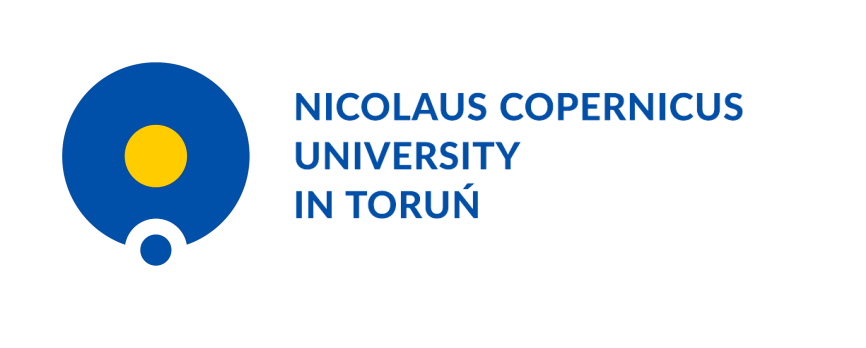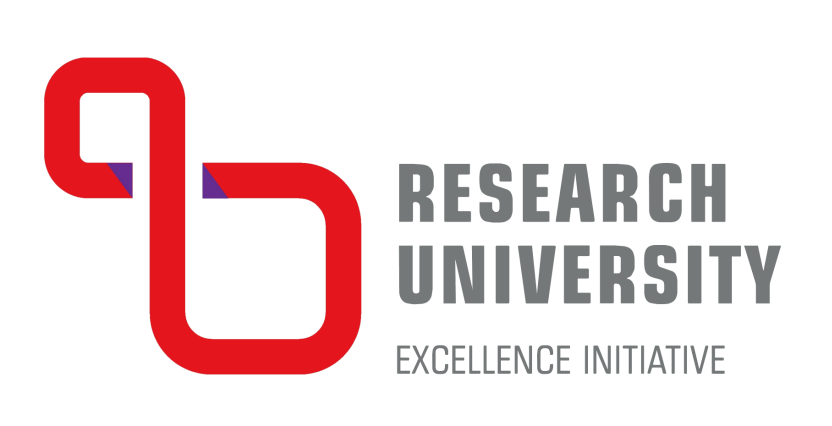Optimal control and identification of complex systems based on AI (OCIAI)
Team leader Tomasz Tarczewski, Ph.D., D.Sc., Associate Professor of NCU
The group’s research goal is to develop optimal control and identification methods for complex systems and plants, such as robots, CNC machines, and drives. High-performance control and identification will be obtained using modern control theory supported by artificial intelligence.
The scientific activity of the OCIAI team is focused on the following fields:
- Trajectory optimization of multi-axis parallel kinematics machines, robotic arms, and mobile robots providing time- and energy-optimal velocity profiling, path planning, and motion scheduling.
- Advanced control structures for electrical drives applied in electromobility, providing energy-efficient and high-performance control.
- Iterative learning and repetitive control for mechanical systems described by uncertain plant models providing high-performance trajectory tracking and suppression of unknown but repetitive disturbances.
- Estimation methods in the time and frequency domain to characterize the thermal transport of novel materials at a wide range of temperatures.
Developed innovative control and identification methods may be applied in industrial applications such as electromobility, mobile robots and robotic arms, multi-axis machines, and power electronics.
The research group cooperates with research teams from national universities: Warsaw University of Technology, Wroclaw University of Science and Technology, and abroad ones: the University of Rostock, University of Southampton, Institute of Electrical Engineering Serbia, Chongqing University China, Ruhr University Bochum, University of Toronto.
Tomasz Tarczewski, Ph.D., D.Sc., Associate Professor of NCU – head of the Department of Automatics and Measurement Systems at the Faculty of Physics, Astronomy and Informatics, Nicolaus Copernicus University. The main research interests of prof. Tarczewski focus on the synthesis and analysis of optimal, predictive, and adaptive control for novel electrical drives. He cooperates with leading national technical universities (e.g., Warsaw University of Technology, Wrocław University of Science and Technology) and with Electrical Institute Nikola Tesla in Belgrade. Prof. Tarczewski has been the principal investigator and the co-investigator of grants funded by the Ministry of Science and Higher Education and the Kuyavian-Pomeranian Voivodeship and the Ph.D. student’s assistant supervisor. He is the supervisor of four Ph.D. students, a member of the Institute of Electrical and Electronics Engineers (IEEE), and a member of the Polish Academy of Science – Power Electronics and Electrical Drives Section. Since 2019 he has been the director of the Institute of Engineering and Technology.


 ul. Gagarina 7, 87-100 Toruń
ul. Gagarina 7, 87-100 Toruń